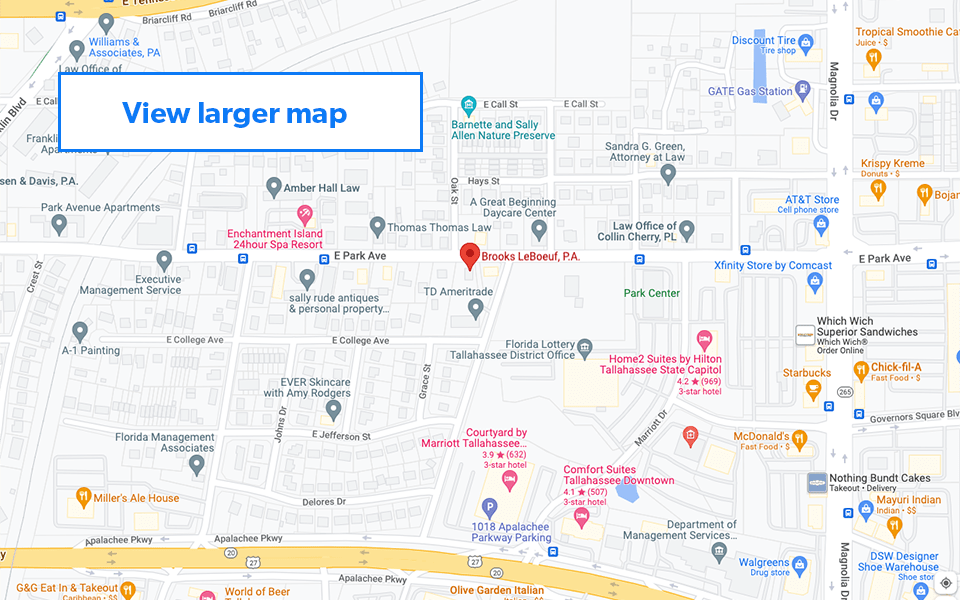Placing your senior loved one in a long-term care or assisted living facility can be an overwhelming and challenging experience. During this difficult time, it is important that you are assured he or she will be well-taken care of. While most skilled nursing home facilities and assisted living facilities provide quality care to their residents, sadly, this is not always the case. Unfortunately, there can be problems that harm your elder or disabled loved one.
The results can be serious neglect, personal injury, wrongful death, and even physical or emotional abuse of the nursing home residents.
To help better inform you about this important issue, let us share with you some information about nursing home injuries and deaths, so you can better protect your senior loved one.
First, did you know that approximately 40 percent of nursing home residents have reported abuse, 10 percent of which posed a serious risk of injury or death?
In reality, elder abuse is not always limited to physical violence and neglect. Unfortunately, the majority of seniors who require care are very dependent on caregivers, leaving the seniors in a vulnerable position. This can lead to financial abuse and exploitation of seniors. Nursing home residents have reported financial abuse, in the form of staff members coercing the senior to revise his or her will, deed, or trust, as well as manipulating the senior to withdraw money from his or her bank account.
Unfortunately, elder abuse is one of the most underreported crimes. While approximately 1 in 10 Americans aged 60+ have experienced some form of elder abuse, only 1 in 14 cases of abuse are reported to authorities. This may be attributed to a few different factors. Many senior residents of nursing homes are embarrassed to admit to ongoing abuse, feeling a sense of shame. Others may have speech limitations or cognitive impairment, such as dementia or Alzheimer’s that prevent them from reporting abuse. When it comes to your senior loved one, encourage him or her to share any problems with nursing home staff or residents with you. Further, be on the lookout for signs of abuse, such as physical marks on your senior’s body, unexplained withdrawal from normal activities or depression, and sudden changes in financial situation.
We know this article may raise more questions than it answers for you. If you believe your elderly loved one has been harmed in any way, including wrongdoing at the long-term care facility he or she currently resides in, do not wait to contact us. We are your local team and are here to assist you 24 hours a day.


